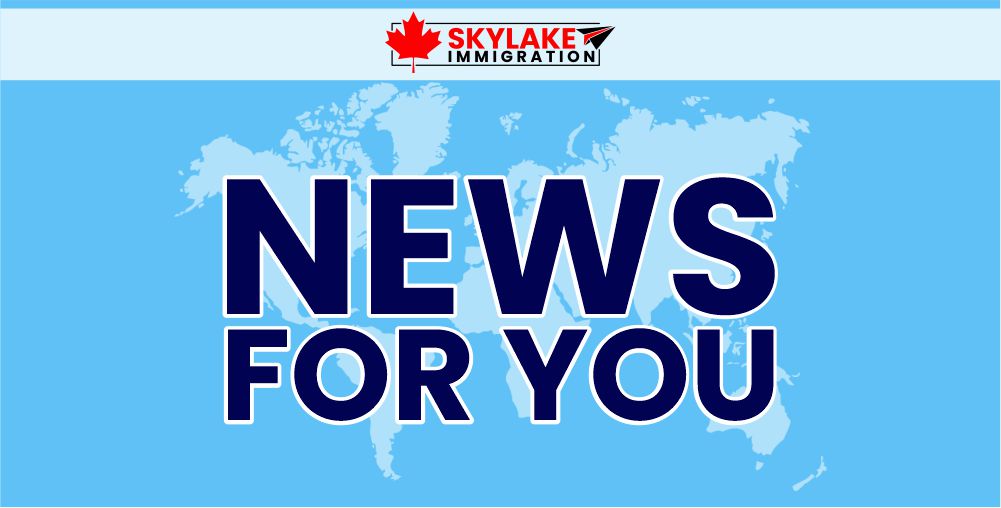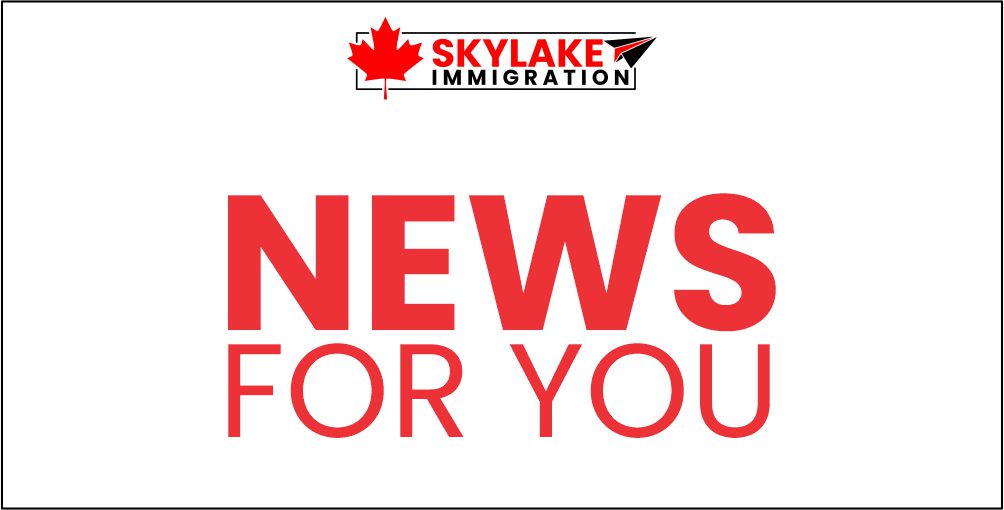Canada continues to be a global leader in refugee resettlement and labour mobility. By welcoming skilled refugees and other displaced individuals to Canada, the government is helping communities and businesses address labour shortages. Continued improvements to the immigration system will help make it more responsive to Canada’s economic needs and humanitarian commitments.
During a keynote speech to business and sector leaders, NGOs and civil society organizations in Toronto, the Honourable Sean Fraser, Minister of Immigration, Refugees and Citizenship, announced that Canada will launch a new economic pathway under the Economic Mobility Pathways Pilot (EMPP) to help employers hire skilled refugees and other displaced individuals.
The EMPP pairs skilled refugees and other qualified displaced individuals with Canadian employers who need to overcome labour shortages in key occupations. This allows Canada to welcome vulnerable people, while giving Canadian employers access to an untapped talent pool from which they can attract and retain employees with the skills they need to help grow our economy.
The Government of Canada is expanding the EMPP by creating a new federal pathway. The new pathway, which will complement existing EMPP pathways, will open this summer.
The new federal pathway will give employers more opportunities to fill a wide range of in-demand jobs, including nurse aides, personal support workers, long-term care aides, software engineers, web designers, mechanical and electrical engineers and technicians, teachers, tourism and hospitality workers, and truck and delivery service drivers. The EMPP gives employers another avenue to address their labour market needs, while offering EMPP candidates an opportunity to restart their careers and their lives in safety with their families here in Canada.
In addition, the EMPP will now include a more flexible approach to eligibility by allowing other displaced people who lack a durable solution and are in need of international protection to apply.
As these individuals rebuild their lives and careers, they help fill gaps in our labour force, contribute to local economies, and enrich our communities. More information on the new federal pathway, including eligibility criteria, will be available on the EMPP webpage in the coming weeks.





